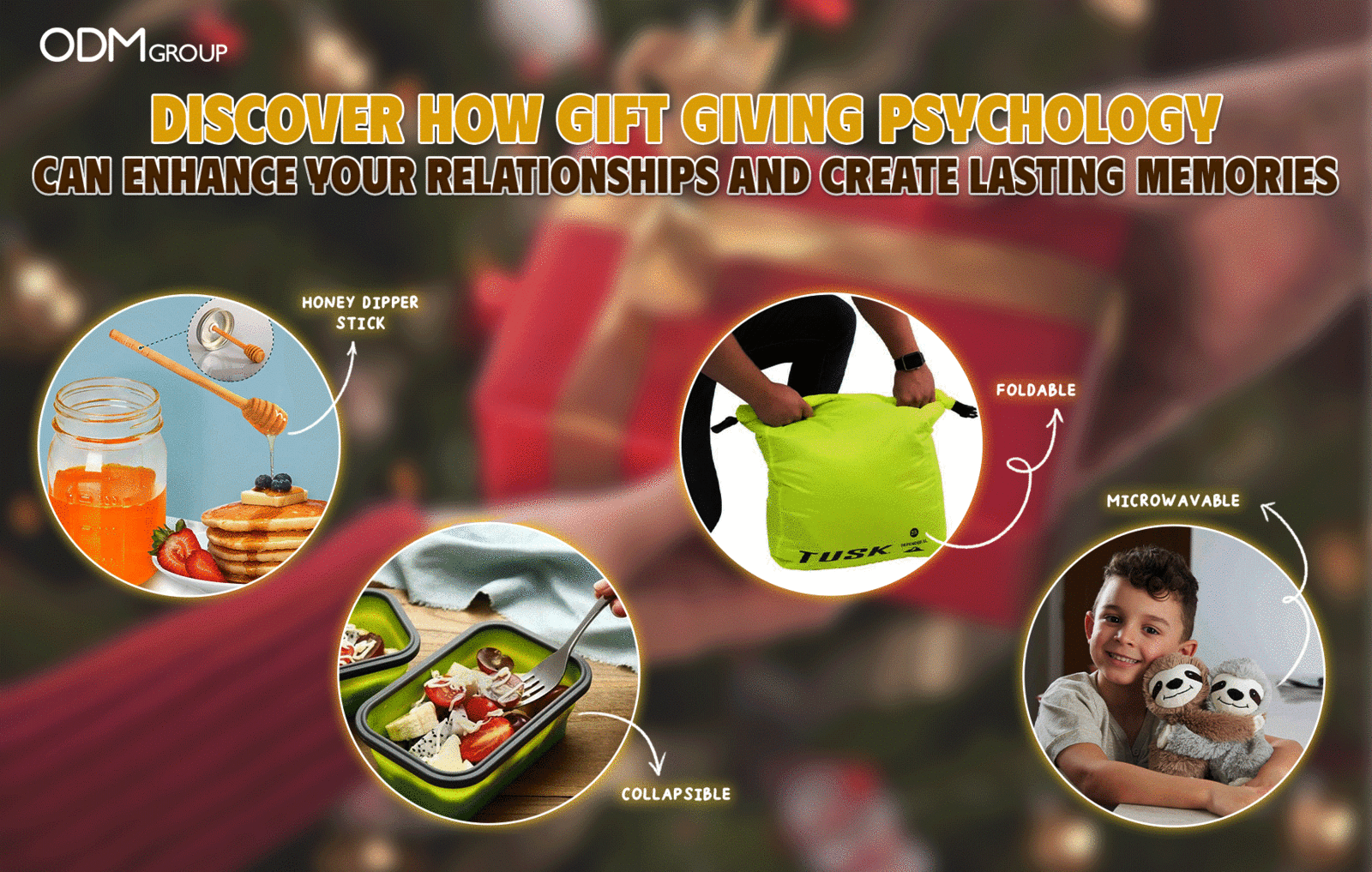Understanding the motives behind gift-giving within relationships can be a perplexing endeavor. Why does your partner often choose presents that reflect their personal preferences rather than your distinct tastes? The psychology of gift-giving is multifaceted, intricately woven into the fabric of social interactions and emotional expressions. This article navigates the various dimensions of gift-giving psychology, elucidating common psychological phenomena that illuminate why your partner may gravitate towards items they personally cherish rather than those meant to resonate solely with you.
1. The Concept of “Reciprocal Altruism”
At the heart of gift-giving lies the concept of reciprocal altruism, a principle grounded in evolutionary psychology. Humans are biologically inclined to give gifts as a means of fostering interpersonal bonds and ensuring mutual support. When your partner gifts you something they adore, it may symbolize their desire to share a piece of their passion, thus forging a deeper emotional connection. They believe that if they express their affection through things they love, such feelings will be reciprocated.
2. The Reflective Self-Expression
Gift-giving is not merely about the gift itself; it is also about self-expression. Your partner might choose items that resonate with their identity, underscoring their tastes and preferences. This act serves as a medium for them to communicate their values, interests, and experiences. Gifts can indeed be seen as a mirror, reflecting one’s personality. They may believe that by sharing these elements of themselves, they are allowing you to peek into their world, strengthening your emotional connection.
3. The Illusion of Unique Knowledge
Your partner might operate under the assumption of a unique understanding of your preferences. They may feel that their knowledge trumps yours, believing that their favorite items could potentially delight you too. This phenomenon, known as the “illusion of unique knowledge,” encourages people to believe that their tastes are universally appealing. As a result, they curate gifts that resonate with their intuitions rather than soliciting your explicit desires. Although the intentions are benevolent, this may lead to gifts that miss the mark.
4. The Cognitive Bias of Projection
Cognitive biases can significantly impact our decision-making processes, especially in gift selection. One prevalent bias is projection, where individuals assume that others share their preferences and feelings. If your partner finds joy in a particular book, gadget, or hobby, they may project their enthusiasm onto you, convinced that you will share the same sentiment. This tendency neglects the complexity of personal tastes, often resulting in well-intentioned but misguided gifts.
5. Affection Through Tangible Means
In many relationships, tangible gifts serve as key indicators of affection. Your partner may view gift-giving as a primary love language, a common framework proposed by Gary Chapman. This framework suggests that individuals express love through distinct modalities, including acts of service, words of affirmation, and receiving gifts. For your partner, gifting what they love can be a profound act of emotional expression. They may believe that by sharing something they cherish, they are demonstrating care and devotion in a manner that resonates with their emotional needs.
6. The Influence of Societal Norms
Societal norms and cultural practices also play a pivotal role in how gifts are perceived and exchanged. In many cultures, the act of giving and receiving gifts is laden with expectations and meanings. Your partner may feel pressured to conform to societal ideals of gift-giving that encourage them to select items that reflect their tastes rather than yours. This misalignment can create a disconnect, where the intended spirit of the gift feels overshadowed by external influences.
7. The Search for Validation
Gift-giving can also serve as a vehicle for validation. Your partner may be motivated by a desire to affirm their own tastes and interests through the act of sharing them with you. By giving you gifts that they value, they seek acknowledgment and appreciation of their own preferences. This dynamic can establish a sense of companionship, where both partners find common ground in shared experiences, even if those experiences stem from differing tastes.
8. Strategies to Navigate the Challenge
Given the complexities inherent in the psychology of gift-giving, it may be beneficial to adopt strategies that promote clearer communication between you and your partner. First and foremost, initiating a dialogue about gifting preferences can foster a culture of understanding. Express gratitude for their thoughtfulness while gently introducing the idea of aligning gifts with your interests. Consider establishing a wishlist or exchanging ideas calmly before birthdays or holidays as a part of your routine. This could reinforce the notion that you value their tastes, while simultaneously enhancing the connection between your preferences.
9. Conclusion: Embracing the Gift-Giving Paradox
The reasons behind why your partner selects gifts that they personally love are layered and rich. From cognitive biases and self-expression to societal influences and emotional validation, the psychology of gift-giving invites introspection and dialogue. By acknowledging these complexities, you can approach gift-giving with renewed understanding and appreciation, navigating the nuances of preferences while simultaneously enhancing your relationship. Embrace the paradox of similarity and difference in tastes and recognize that, at the core, gift-giving is an act steeped in affection and communal joy.

